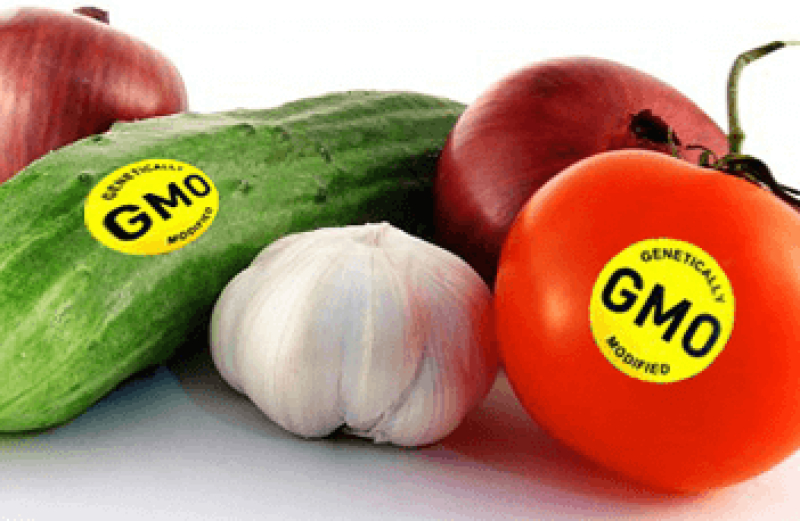One of the common arguments against the use of genetically modified organisms (GMO), specifically plant GMOs, is that it allows farmers to spray “toxic” chemicals to kill various pests from bugs to weeds to help maximize crop yields. Anti-science websites often post scary pictures showing farmers in full protective gear while handling these chemicals, making the claim that the protective gear is proof these chemicals are harmful, and thus shouldn’t be used on crops. These websites also encourage people to eat organic foods, because they are “safe” in comparison to these GMO crops.
As Alison Hudson pointed out, “Yes, the Dose Really Does Make the Poison.” Anything is poisonous if you are exposed to enough of it. And depending on the chemical, it might not be just the dose, but the frequency of the dose.
If organic supporters are worried about exposure to pesticides, they should look more carefully at the products they support. Studies consistently show organic farming requires application of higher amounts of pesticides and herbicides and more often than their conventional counterparts.
They might also want to look more closely at the dose. Pyrethrin is a pesticide used in organic farming. Depending on which formulation is used, the dosage, though still not very dangerous, can be more lethal than glyphosate (Roundup), the most common conventional farming chemical chosen by organic supporters to pick on.
It should be our goal to reduce the use of all pesticides and herbicides not because they are dangerous, but because reducing their use reduces the energy needed to produce the food, and could theoretically lower the cost of food as well.
Read full, original blog: Tell GMO Producers To Stop Being So Organic!































